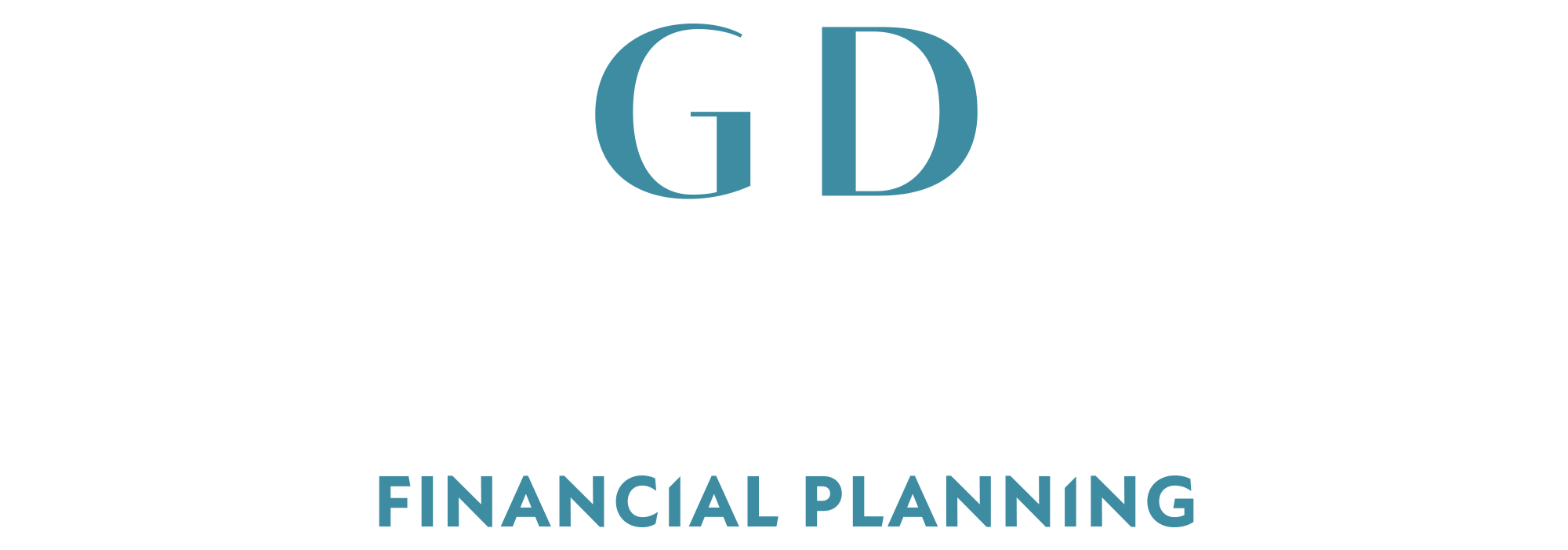Blog
Capital Gains Tax review: 2 things that could change
The Office of Tax Simplification (OTS) is reviewing Capital Gains Tax (CGT) after being ordered to by chancellor Rishi Sunak. Changes that are made following the review could affect tax liability and how you make use of allowances. Changes have yet to be announced, but there are two key areas that are being considered for modification: the CGT allowance and rates.
What is Capital Gains Tax?
CGT is a type of tax you pay when you dispose of certain types of assets. Disposing of assets could include selling or gifting them. You may then be taxed on the profit you make.
Assets that may be liable for CGT include:
- Most personal possessions worth £6,000 or more, apart from your car
- Property that is not your main home
- Shares that are not held in a tax-efficient wrapper such as an ISA
- Business assets
The chancellor has asked the OTS to: “Identify opportunities relating to administrative and technical issues as well as areas where the present rules can distort behaviour or do not meet their policy intent.”
While the main aim of the review is to make CGT simpler and fairer, there is also a need to raise revenue. The cost of supporting the economy during the Covid-19 pandemic means the Treasury is left with a deficit. Updates to CGT could go some way to plugging the gap.
The government raises a relatively low amount from CGT; around £8.3 billion a year. Under the current rules, only 265,000 people pay CGT each year, with effective use of allowances and tax breaks meaning many can avoid paying it. However, changes implemented following the review could change that.
The 2 Capital Gains Tax rules that could change
1. The Capital Gains Tax allowance
Under current rules, every individual receives an annual CGT allowance of £12,300. If the profit you make when disposing of assets falls under this threshold, no CGT is due. Reducing this allowance is one focus of the review.
A small reduction is unlikely to affect many people. In 2017/18, around 50,000 people reported net gains just below the threshold. However, the reduction could be more significant. There are suggestions that it could be scaled back to as little as £2,000 – £4,000. For many people, this allowance is an important part of their tax planning and could lead to a higher tax bill than expected.
If you’d be affected by a reduction in the CGT allowance, making use of other allowances will be even more important. For example, selling shares that are held in an ISA, rather than those that aren’t, could help reduce the amount of tax due. Effectively managing the disposal of assets each tax year to make full use of the allowance could also play a role in effective tax management.
2. Capital Gains Tax rates
When CGT is due, how much you pay depends on your Income Tax band and the assets you’re disposing of:
- Standard CGT rate: 18% on residential property, 10% on other assets
- Higher CGT rate: 28% on residential property, 20% on other assets.
If you’re not sure what rate of CGT tax you’re liable for, please get in touch.
There are suggestions that the above CGT rates will be brought in line with Income Tax bands. This could mean that higher and additional rate taxpayers face far higher tax bills. It could mean disposing of some assets no longer makes financial sense or that profits would be significantly reduced.
Bill Dodwell, tax director at the OTS, said: “If the government considers the simplification priority is to reduce distortions to behaviour, it should consider either more closely aligning Capital Gains Tax rates with Income Tax rates, or addressing boundary issues as between Capital Gains Tax and Income Tax.”
As with the first point, if this change were brought in, careful management of allowances would become even more important in tax planning. This should be incorporated into your financial plan to reduce tax liability and help you get the most out of your assets.
Reflecting changes in your financial plan
The CGT review highlights why it’s crucial that you regularly review your financial plan. For some people, potential changes to CGT could mean adjustments need to be made in how they hold and dispose of assets to keep goals on track. Continuing with a financial plan that hasn’t considered changes means tax liability could unexpectedly be higher, potentially harming your income or asset growth.
We know that keeping up to date with changes to allowances, tax rates and other areas of finance can be complicated and time-consuming. We work with all our clients to ensure their financial plans consider allowances and more to get the most out of their finances, with frequent reviews to reflect changes.
Please get in touch if you have any questions and to discuss your financial plan.
Please note: This blog is for general information only and does not constitute advice. The information is aimed at retail clients only.
Newsletter
Sign up to have our latest content delivered straight to your email inbox.


 .
. 